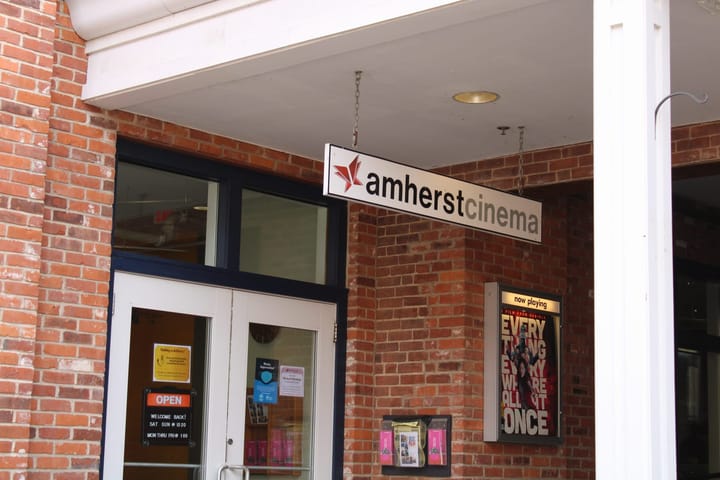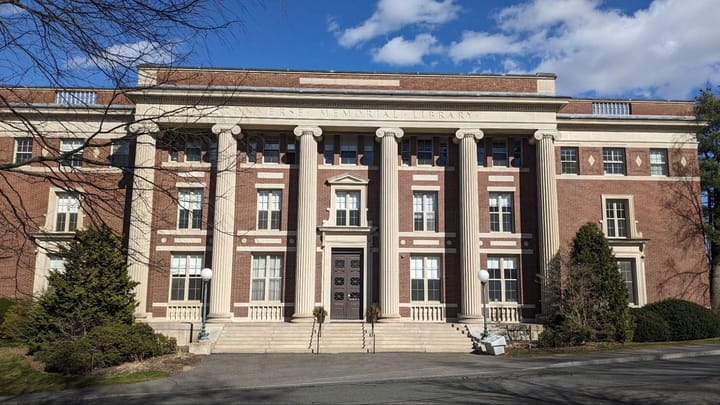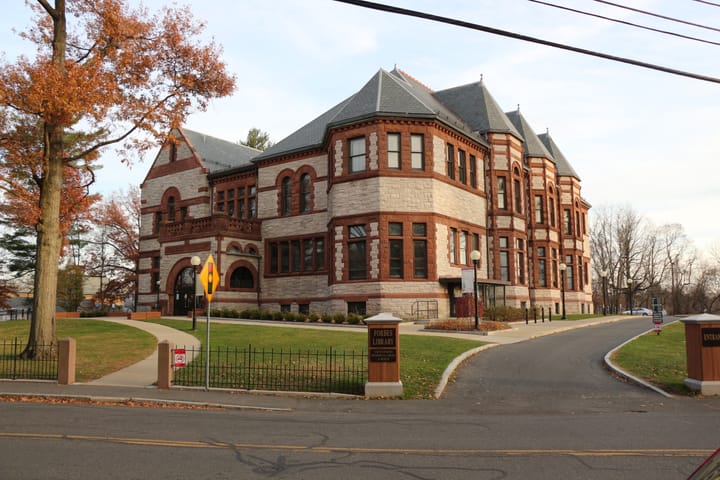All-Stars in Action
Josh Machao ’03, a Biology major, is examining this question through field research. He is studying how education affects social behavior in the context of the HIV problem in his native country of Botswana.
Machao’s research began sophomore year when he was granted the Hughes Science Fellowship, allowing him to travel to five schools in Botswana and talk with 320 students. Machao recalls his most memorable exchange. “We were talking about how sex is enjoyable and what seemed to be a very timid woman raised her hand. She said, ‘Sex is not enjoyable for women.’ And so that launched us into a discussion about dry sex and foreplay,” said Machao. “I did not previously believe that I could go into a classroom and have a woman give that level of honesty. This showed me that [open discussions] could work.”
However, open discussions are not happening in Botswanan high schools. Students are forbidden to date at some schools in Botswana, a rule that Machao believes only “makes students less able to talk to adults about what relationships they find themselves in.”
The limited education available to teenagers in Botswana fails them in the real world. “They know this is a condom … but they are not learning how to deal with situations involving love,” Machao said. “They don’t know who they can talk to if they have an older adult male asking for sexual favors. Nobody is talking about how young people deal with sexuality, love and peer pressure.”
So far, Machao has concluded that there is a need for more individual counseling, more community centers and more open dialogues between teachers and students. He hopes to eventually give copies of his paper to the government of Botswana and the Africa Comprehensive HIV program so that his extensive social research can begin to make an impact





Comments ()